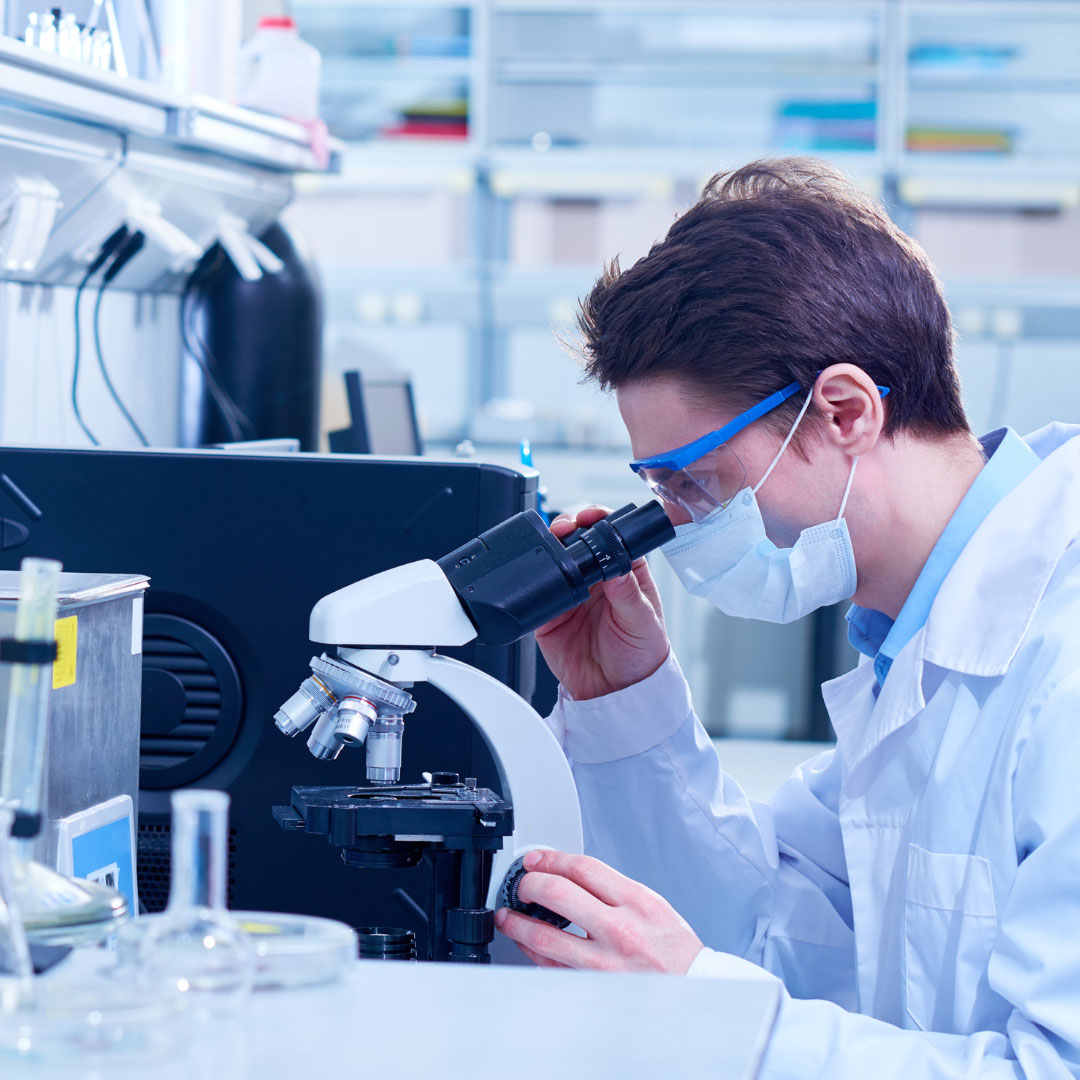
An ever-growing body of research
There is an ever-growing body of research that indicates Akkermansia muciniphila MucTTM could help protect the human body from certain metabolic disorders and the cardiometabolic risk factors associated with low-grade gut inflammation.
Preclinical studies have shown beneficial effects linked to the daily oral administration of Akkermansia muciniphila MucTTM in obese mice—specifically, that taking the bacteria as a daily supplement can counteract some of the effects of a high-fat diet.
Research also indicates that pasteurized Akkermansia muciniphila MucTTM is even more efficient than its live state because it is able to act all along the gastrointestinal tract instead of solely in the colon.
The beneficial effects include:
- Decrease in body weight and fat mass gain
- Reduction in low-grade inflammation
- Lower glycemia
- A decrease in plasma cholesterol
- An improvement of intestinal barrier function*
*due to the increased mucus thickness and production of antimicrobial molecules.1
Helping to prevent metabolic disorders and more
Restoring the mucus layer to a normal layer of thickness helps it to function better as a barrier, thereby preventing the development of metabolic endotoxemia and reducing the presence of undesirable lipopolysaccharides in the bloodstream. So, simply put, Akkermansia muciniphila MucTTM helps prevent the metabolic disorders that can be triggered by metabolic endotoxemia and low-grade inflammation—which can include insulin resistance, hepatic inflammation and diabetes.
Studies in 2021 and 2023 have also confirmed that Akkermansia muciniphila MucTTM can have a positive effect on cardiometabolic disorders such as atherosclerosis and hypercholesterolemia.2, 3, 4
So, taken together, the preclinical data shows that taking Akkermansia muciniphila MucTTM has several important health benefits:

Helps with your weight control

Contributes to the maintenance of your normal blood glucose levels

Restoring gut barrier integrity/permeability

A purified membrane protein from Akkermansia muciniphila MucTTM, the pasteurized bacterium, improves metabolism in obese and diabetic mice, Plovier H. et al. , Nature Medicine, 2016
References
- Plovier H, Everard A, Druart C, Depommier C, Van Hul M, Geurts L, Chilloux J, Ottman N, Duparc T, Lichtenstein L, Myridakis A, Delzenne NM, Klievink J, Bhattacharjee A, van der Ark KC, Aalvink S, Martinez LO, Dumas ME, Maiter D, Loumaye A, Hermans MP, Thissen JP, Belzer C, de Vos WM, Cani PD (2017) A purified membrane protein from Akkermansia muciniphila or the pasteurized bacterium improves metabolism in obese and diabetic mice. Nat Med 23 (1):107-113. doi:10.1038/nm.4236.
- Everard, A., et al. (2013). "Cross-talk between Akkermansia muciniphila and intestinal epithelium controls diet-induced obesity." Proc Natl Acad Sci U S A 110(22): 9066-9071.
- Hasani, A., et al. (2021). "The role of Akkermansia muciniphila in obesity, diabetes and atherosclerosis." J Med Microbiol 70(10).
- Jia, B., et al. (2023). "Gut microbiome-mediated mechanisms for reducing cholesterol levels: implications for ameliorating cardiovascular disease." Trends Microbiol 31(1): 76-91



